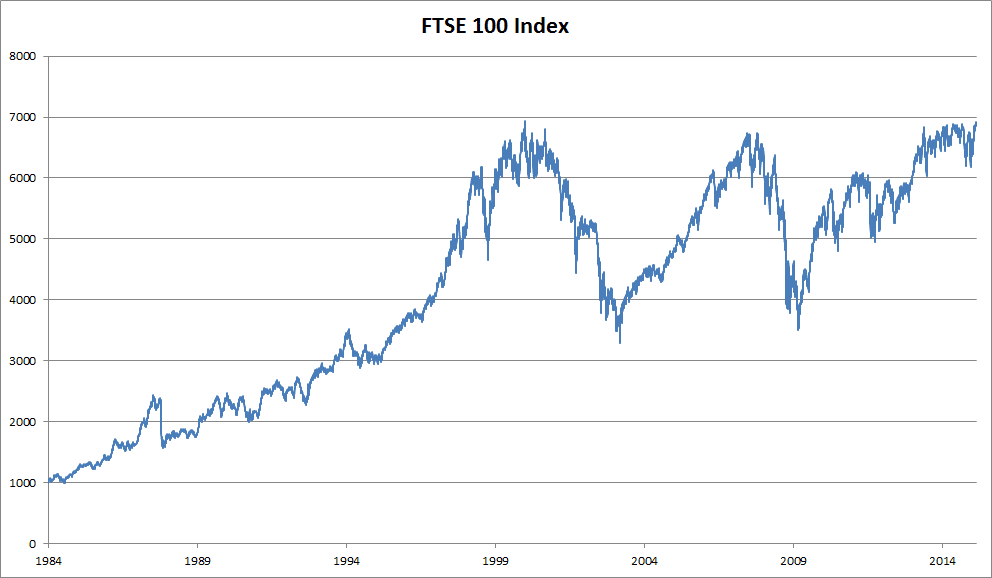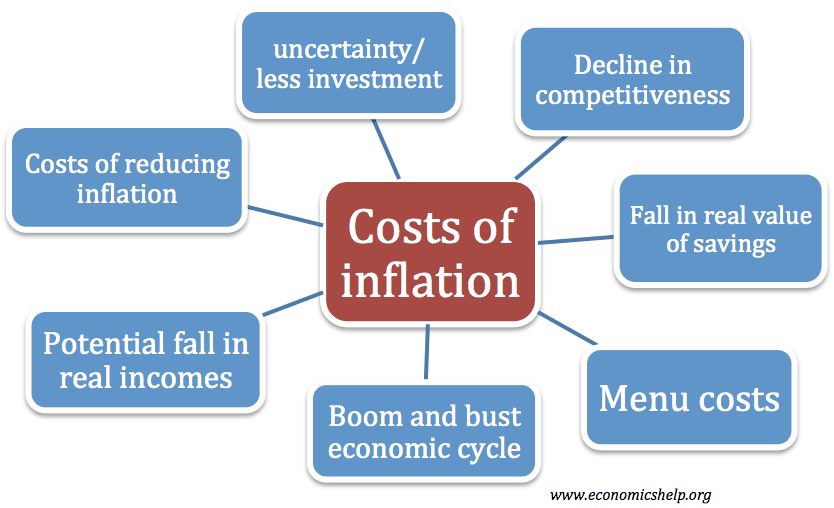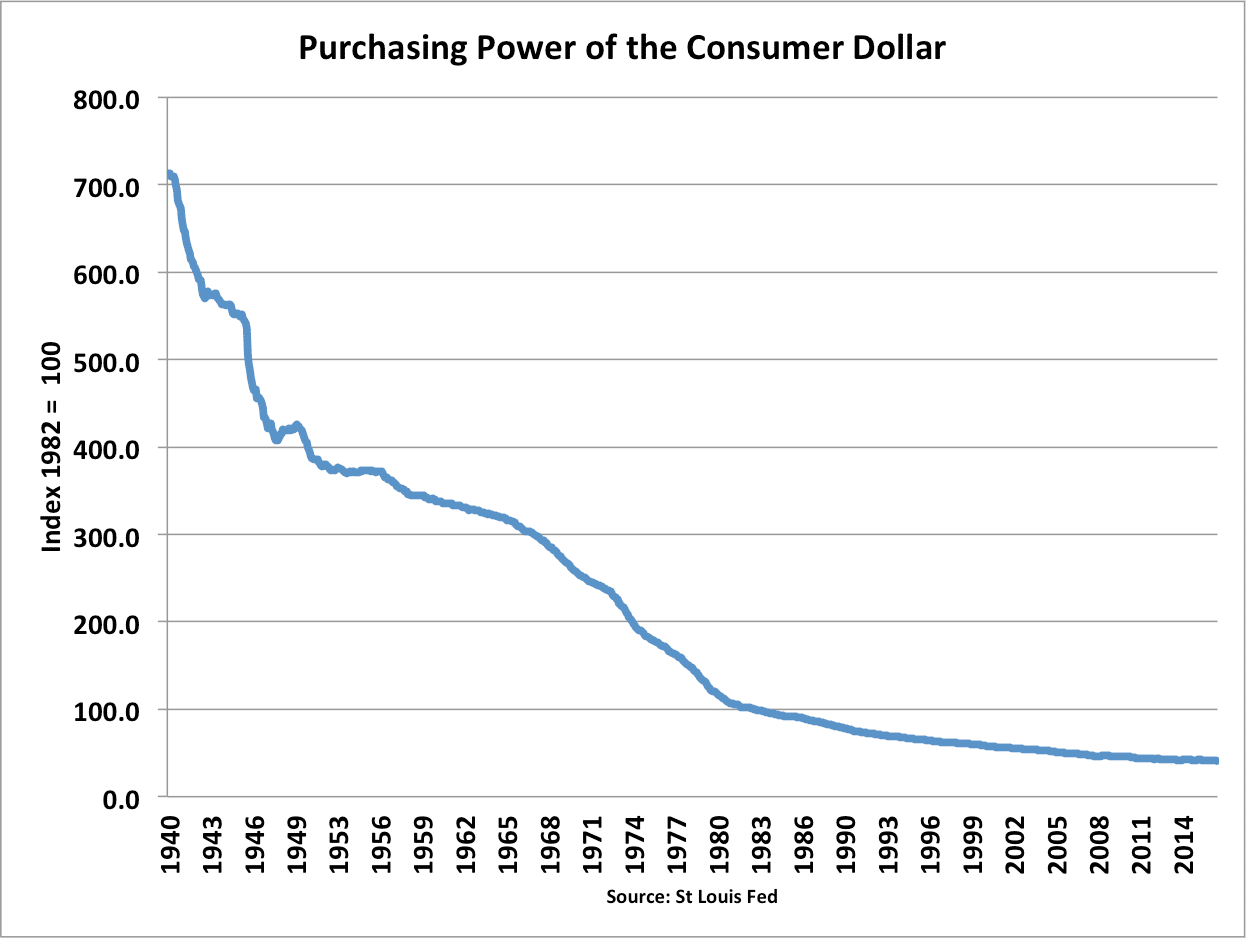Keynes Bibliography
Due to lack of space in the book, we have published full bibliography on this website. Bibliography Chapter 1 Is it OK to be selfish? Frank, R H (1988) Passions Within Reason: The Strategic Role of the Emotions, p. xi. New York: W W Norton & Co. Galbraith, J K (1982) “Recession economics”, The New …



